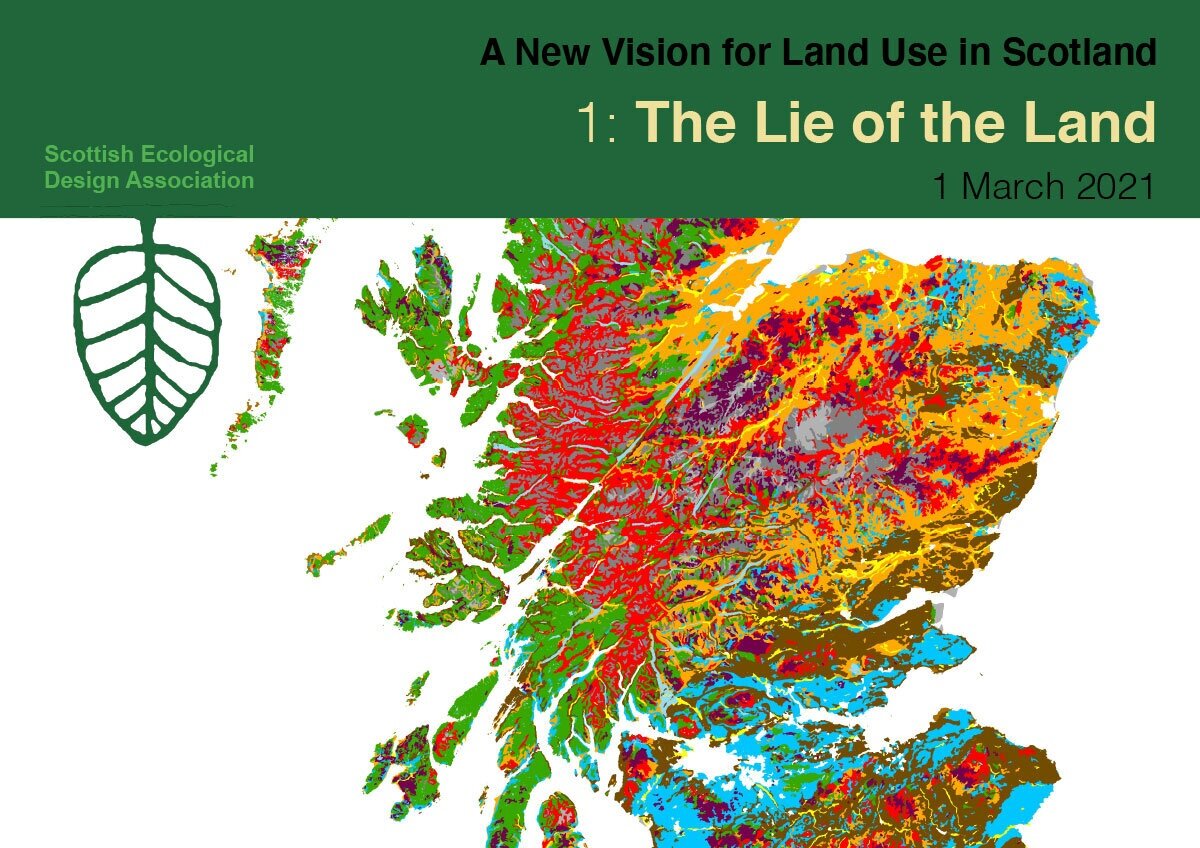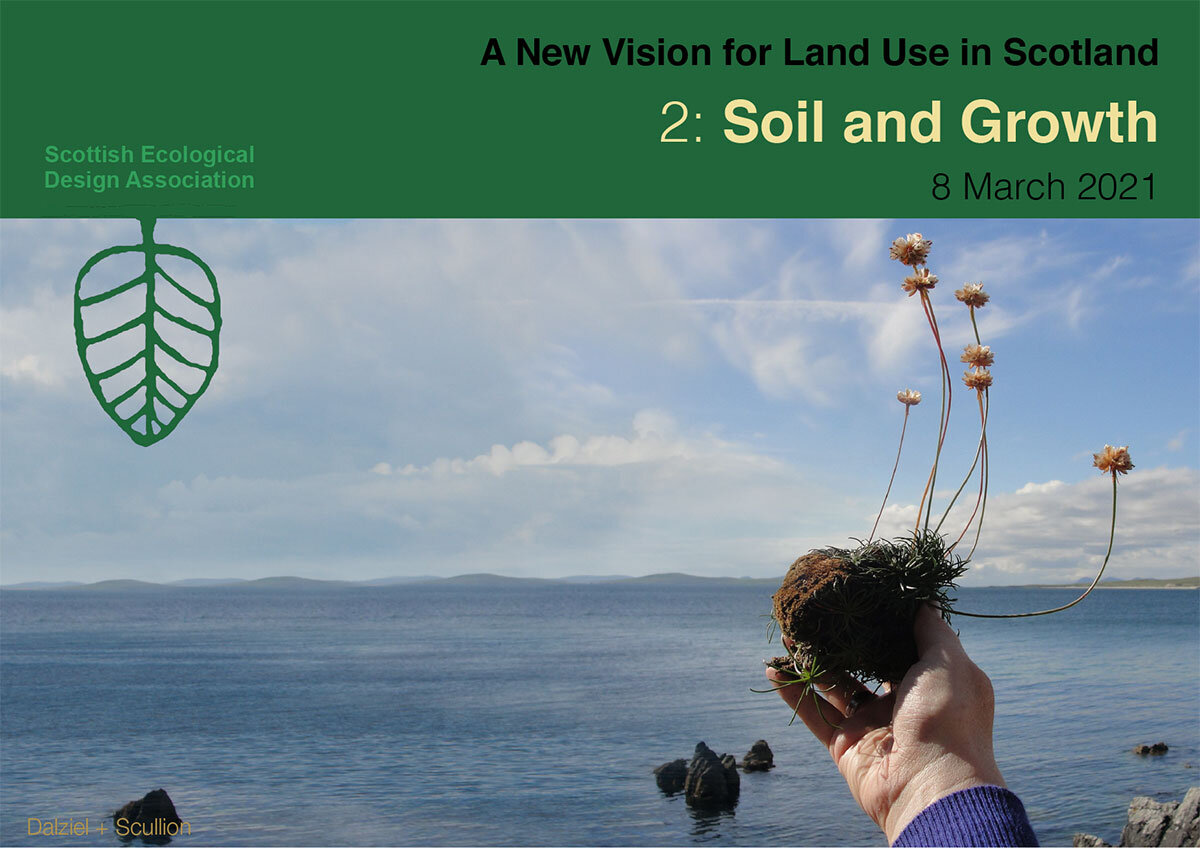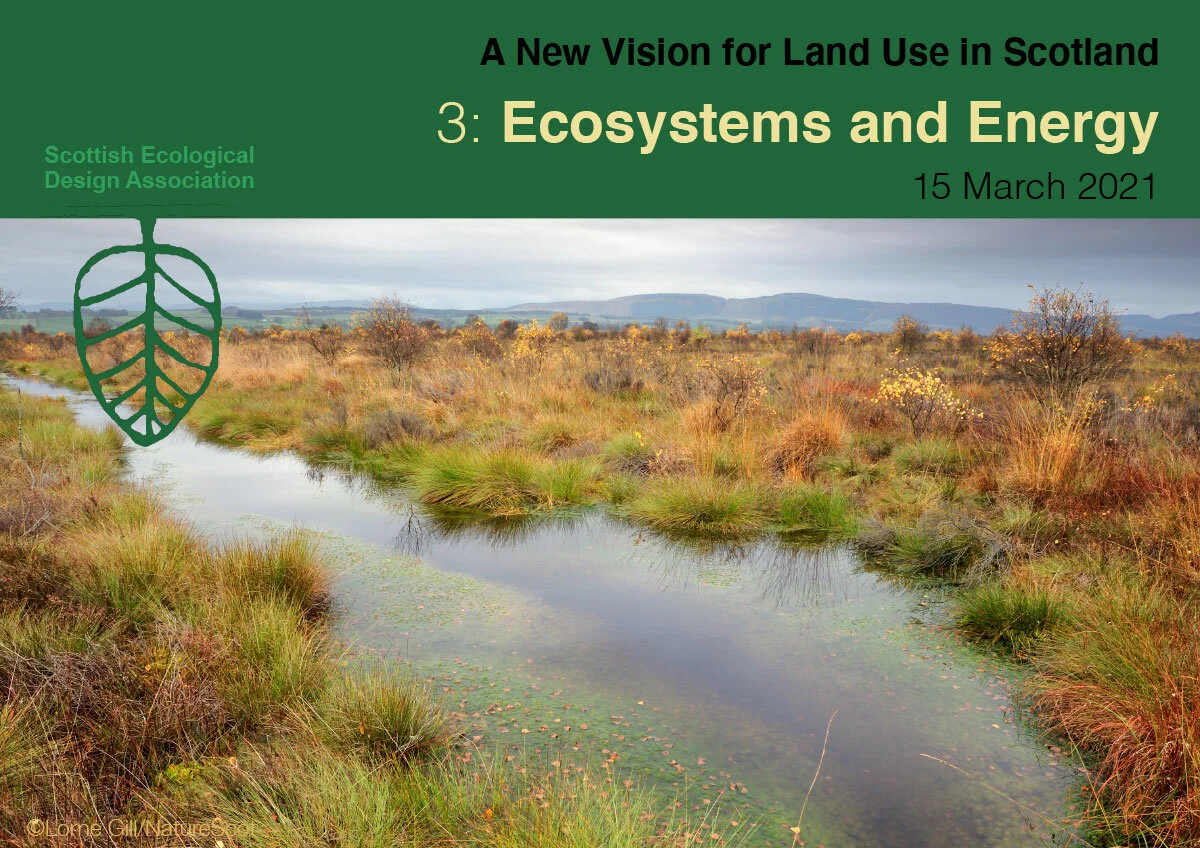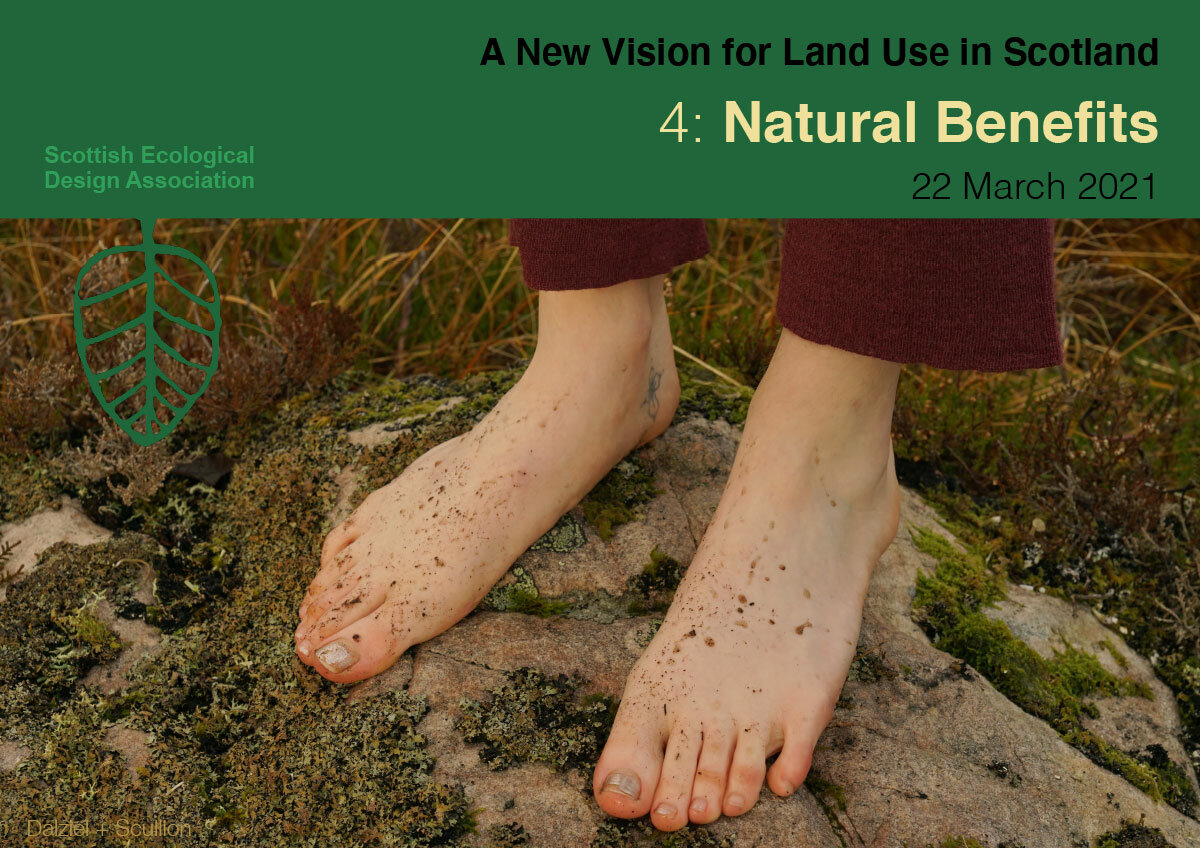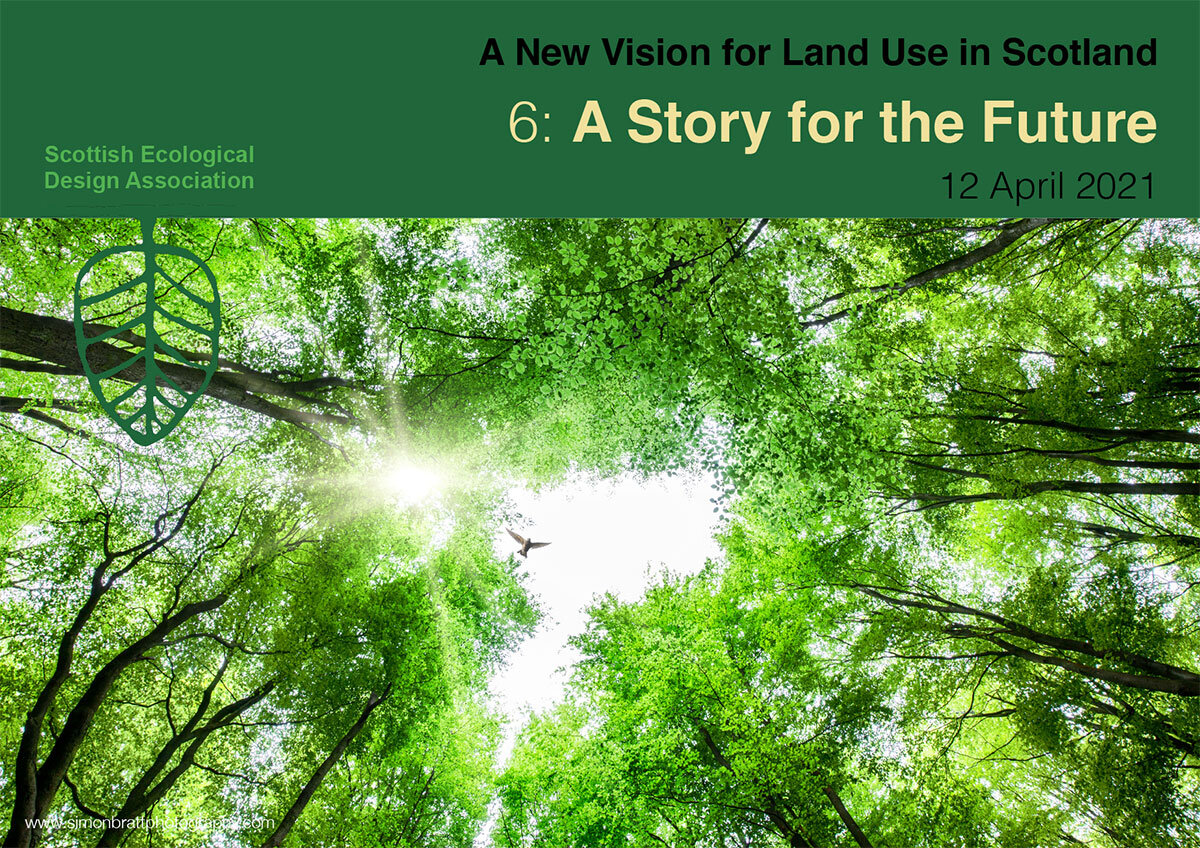Over the course of six weeks, nearly 50 of the best-informed speakers on all aspects of rural land use will engage in six “conversations” — each focused on a different aspect of how land is used and how it could be better used, in Scotland. The speakers and session chairs will include scientists from the James Hutton Institute; academics from top Scottish universities; representatives from farming, forestry, renewable energy, tourism; and landowners.
The event, organised as a response to the climate emergency, the impossibility of Scotland meeting its net zero climate targets without radical change to its approach to land use, and the Covid-19 pandemic, will take the form of six “conversations”. Each will examine and explore Scotland’s land use and how this could or should change. The aim is to take a step back and look more holistically at topics such as biodiversity, health and well-being. A number of carefully curated contributions from Scotland-based poets and musicians, intended to stimulate fresh ways of thinking, will be interspersed throughout the conversations.
By going back to basics, analysing the evidence and discussing new ways of building bridges between different sectors, SEDA hopes the event will move the debate out of the silos of traditional entrenched positions, opening up new ways of thinking about land use.
One goal is to feed into the Scottish Government's programme of creating Regional Land Use Frameworks by 2023 - a coherent programme of land reform to maximise the potential of Scotland’s land in tackling climate change. As importantly, the aim is to make connections between potentially competing future uses of the land, to see ways they can join up to have the maximum effect, to start discourse on how they can work together, and build a picture of what can be achieved and how this process can involve the wider population of the country, in changing the way the land is seen and used for the future.









